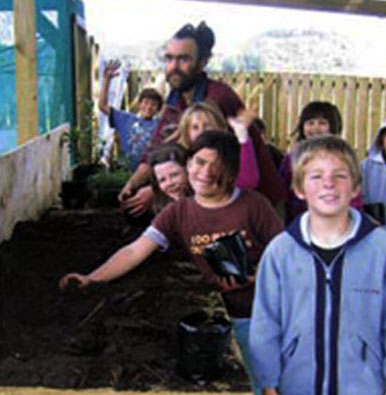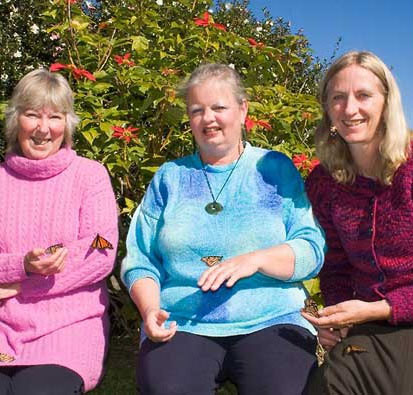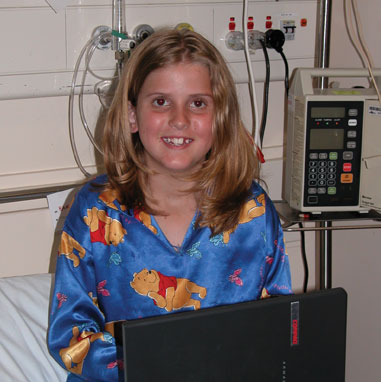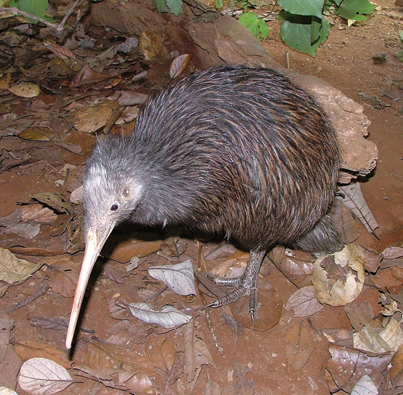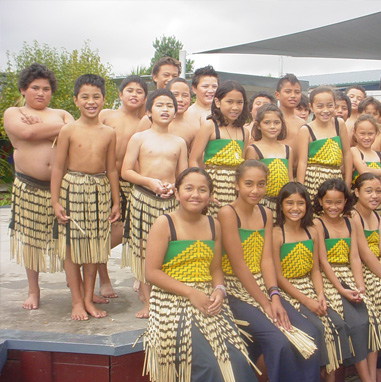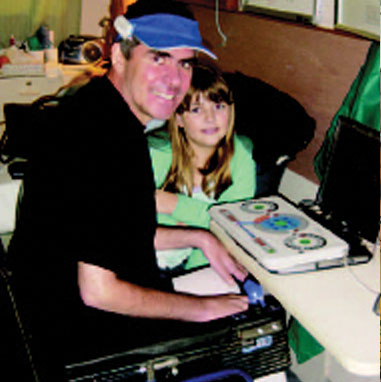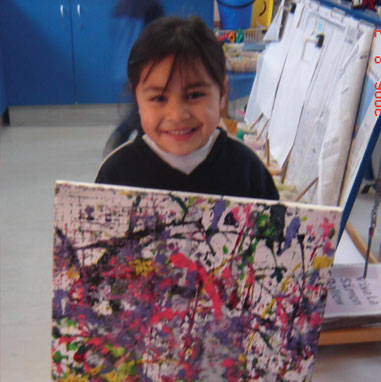The future generation at Peria School can get their little green fingers stuck into what really counts thanks to a grant from the Mazda Foundation.
Situated in Kaitaia, the lower decile school works hard to ensure students receive the best possible education in the classroom – and out of it.
Peria School plans to use a $600 grant from the Foundation for the establishment of a tree nursery for students to propagate native endangered Rata trees.
Nestled away in the scenic Oruru Valley, which is named after the Ruru (Owl), the small school is committed to caring for the environment.
Principal Dave Sedcole says the goal is to educate students about the precious land that they live on.
Peria School students get down with nature under the guidance of tutor Chris Wilson
“It is one of the few areas in New Zealand where you can still hear the Kiwi at night. However their numbers are declining due to pests and domestic animals,” says Mr Sedcole.
The grant will enable students to participate in protecting forests and give them knowledge and skills to be proactive.
“We all must become guardians and do our bit to save endangered animals and plants.”
The school has purchased potting mix, seed trays, irrigation, seed raising mix, sand and several utensils for the final implementation stages of the 2006 shade house project.
